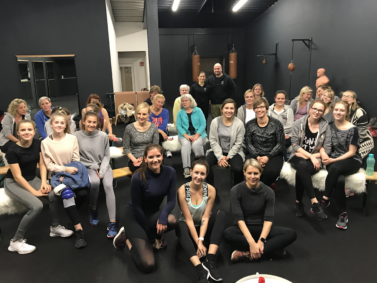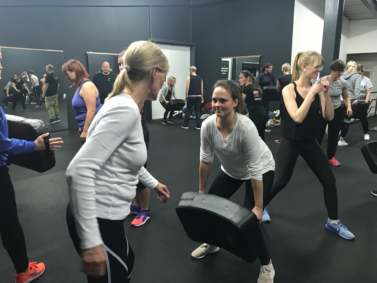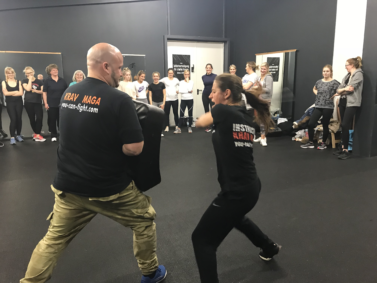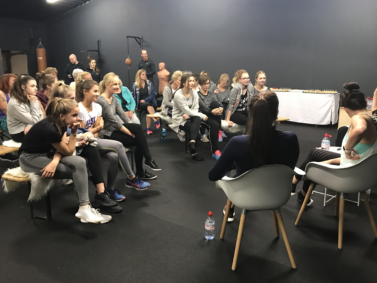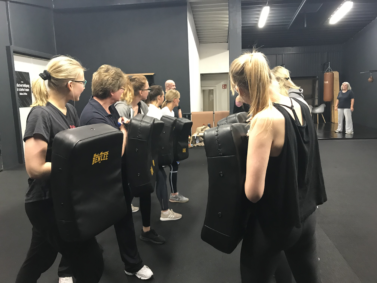It’s Mozilla’s declared mission to educate Internet users and provide them with practical advice for their everyday online life (and beyond). According to the fifth out of the 14 Mozilla Manifesto principles “individuals must have the ability to shape the internet and their own experiences on it”. However, it requires some knowledge and tools to be able to make conscious decisions and actively participate in shaping the web. This is exactly why the German Mozilla team picked up the ‘Firefox Self-Defense’ concept, originally developed by Amira Dhalla, this year to bring it as the event series ‘Fit and Save on the web – and Offline’ to users in Berlin, Hamburg, Cologne and Munich.
“A while ago, someone hacked into my Facebook account and used my profile to like all kinds of weird pages. That was pretty embarrassing and it only came to my attention because my friends asked me about that odd behaviour – weeks later.” Many stories and questions we hear from the Fit and Safe participants in all 4 cities touch on social media. They want to learn how to secure their online accounts and, if necessary, how to claim them back if they’ve been hijacked. Almost all participants also know tracking and filter bubbles from their own experience – and yet they are surprised, sometimes even shocked, which (amount of) data is collected about them on the web and what it’s used for. After our three days-long tour across Germany we are certain: interactive events like this one are much-needed, a lot more frequently, all over Germany and beyond.
